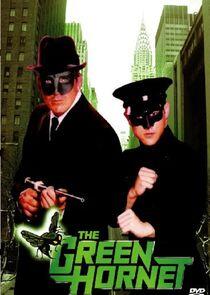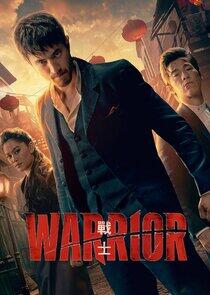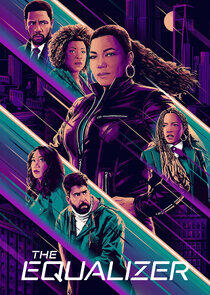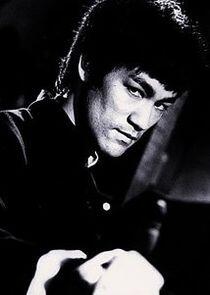
Bruce Lee
Born in San Francisco and raised in British Hong Kong, Lee was introduced to the Hong Kong film industry as a child actor by his father. His early martial arts experience included Wing Chun (trained under Ip Man), tai chi, boxing (winning a Hong Kong boxing tournament), and frequent street fighting (neighborhood and rooftop fights). In 1959, Lee moved to Seattle, where he enrolled at the University of Washington in 1961. It was during this time in the United States that he began considering making money by teaching martial arts, even though he aspired to have a career in acting. He opened his first martial arts school, operated out of his home in Seattle. After later adding a second school in Oakland, California, he once drew significant attention at the 1964 Long Beach International Karate Championships of California by making demonstrations and speaking. He subsequently moved to Los Angeles to teach, where his students included Chuck Norris, Sharon Tate, and Kareem Abdul-Jabbar.
His roles in America, including playing Kato in The Green Hornet introduced him to American audiences, but the cultural frictions that existed did not allow Lee to fully express himself. After returning to Hong Kong in 1971, Lee landed his first leading role in The Big Boss, directed by Lo Wei. A year later he starred in Fist of Fury, in which he portrayed Chen Zhen, and The Way of the Dragon, directed and written by Lee. He went on to star in the US-Hong Kong co-production Enter the Dragon (1973) and The Game of Death (1978). His Hong Kong and Hollywood-produced films, all of which were commercially successful, elevated Hong Kong martial arts films to a new level of popularity and acclaim, sparking a surge of Western interest in Chinese martial arts. The direction and tone of his films, including their fight choreography and diversification, dramatically influenced and changed martial arts and martial arts films worldwide. With his influence, kung fu films began to displace the wuxia film genre—fights were choreographed more realistically, fantasy elements were discarded for real-world conflicts, and the characterisation of the male lead went from simply being a chivalrous hero to one that embodied the notion of masculinity.
Lee's career was cut short by his sudden death at age 32 from a brain edema, the causes of which remain a matter of dispute. Nevertheless, his films remained popular, gained a large cult following, and became widely imitated and exploited. He became an iconic figure known throughout the world, particularly among the Chinese, based upon his portrayal of Cantonese culture in his films, and among Asian Americans for defying Asian stereotypes in the United States. Since his death, Lee has continued to be a prominent influence on modern combat sports, including judo, karate, mixed martial arts, and boxing, as well as modern popular culture, including film, television, comics, animation, and video games. Time named Lee one of the 100 most important people of the 20th century.
Biography from the Wikipedia article Bruce Lee. Licensed under CC-BY-SA. Full list of contributors on Wikipedia.
Known For
Part of Crew
Recently Updated Shows

The Rookie
The Rookie is inspired by a true story. John Nolan is the oldest rookie in the LAPD. At an age where most are at the peak of their career, Nolan cast aside his comfortable, small town life and moved to L.A. to pursue his dream of being a cop. Now, surrounded by rookies twenty years his junior, Nolan must navigate the dangerous, humorous and unpredictable world of a "young" cop, determined to make his second shot at life count.
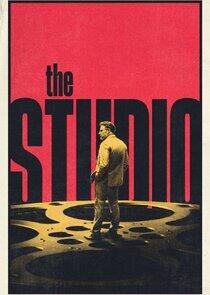
The Studio
As movies struggle to stay alive and relevant, Matt and his core team of infighting executives battle their own insecurities as they wrangle narcissistic artists and craven corporate overlords in the ever-elusive pursuit of making great films. With their power suits masking their never-ending sense of panic, every party, set visit, casting decision, marketing meeting, and award show presents them with an opportunity for glittering success or career-ending catastrophe. As someone who eats, sleeps, and breathes movies, it's the job Matt's been pursuing his whole life, and it may very well destroy him.

True Detective
Touch darkness and darkness touches you back. True Detective centers on troubled cops and the investigations that drive them to the edge. Each season features a new cast and a new case.
True Detective is an American anthology crime drama television series created and written by Nic Pizzolatto.

S.W.A.T.
Shemar Moore stars as a locally born and raised S.W.A.T. sergeant newly tasked to run a specialized tactical unit that is the last stop in law enforcement in Los Angeles. Torn between loyalty to where he was raised and allegiance to his brothers in blue, former Marine Daniel "Hondo" Harrelson has everything it takes to be an excellent leader and bridge the divide between his two worlds.
